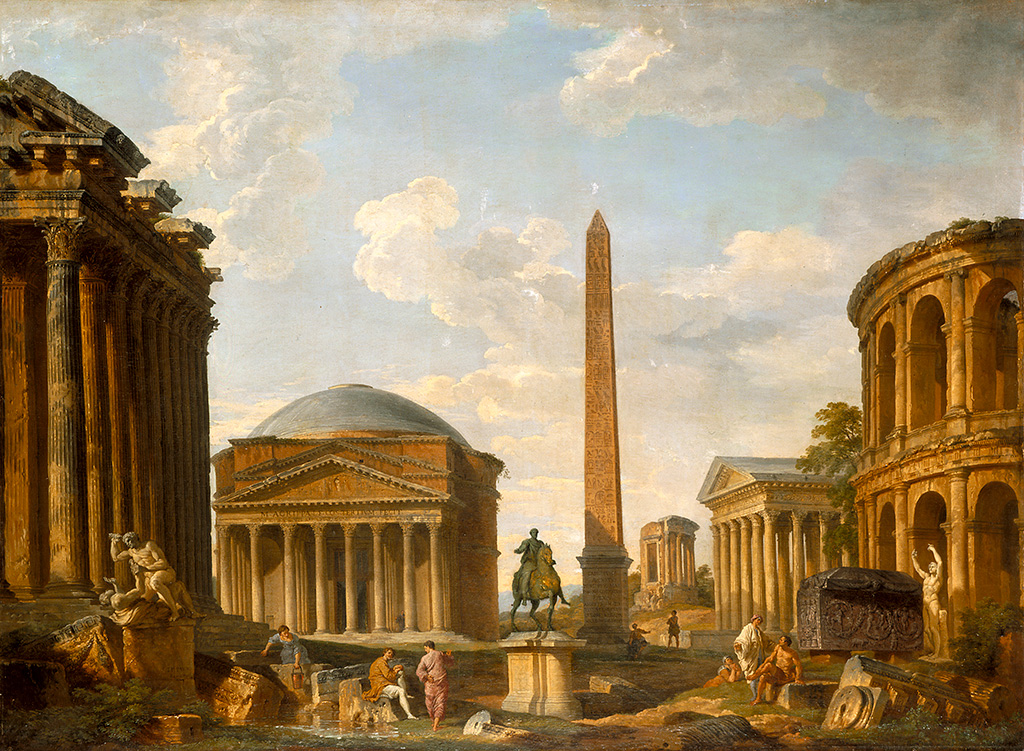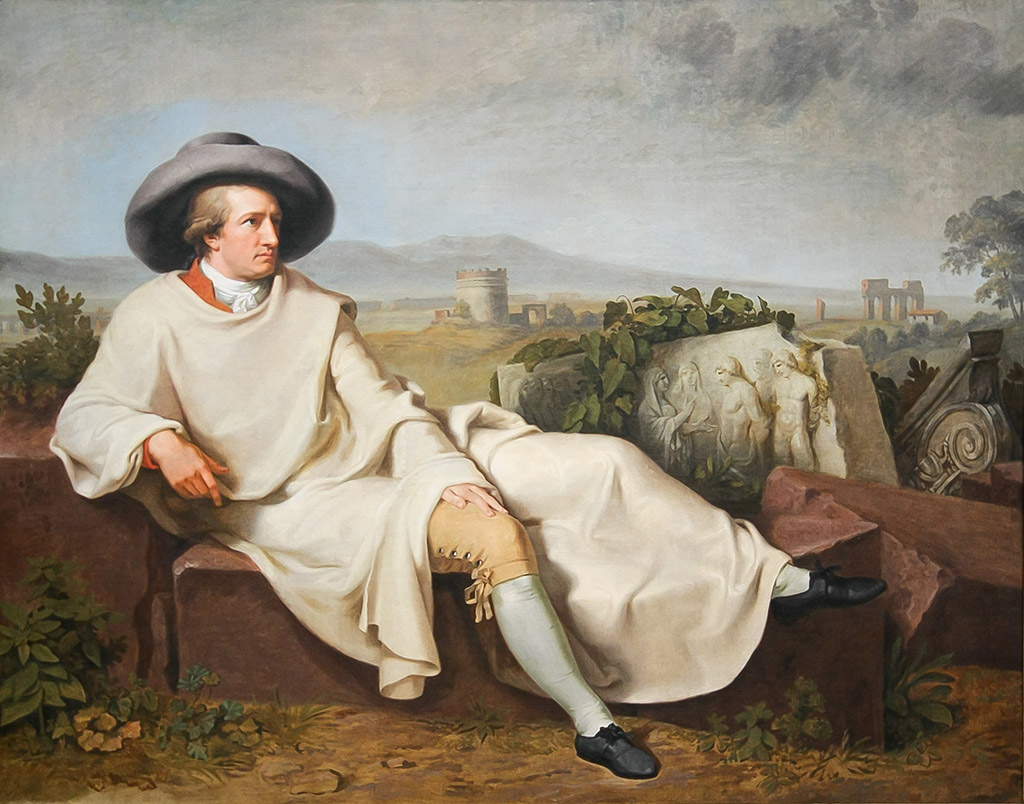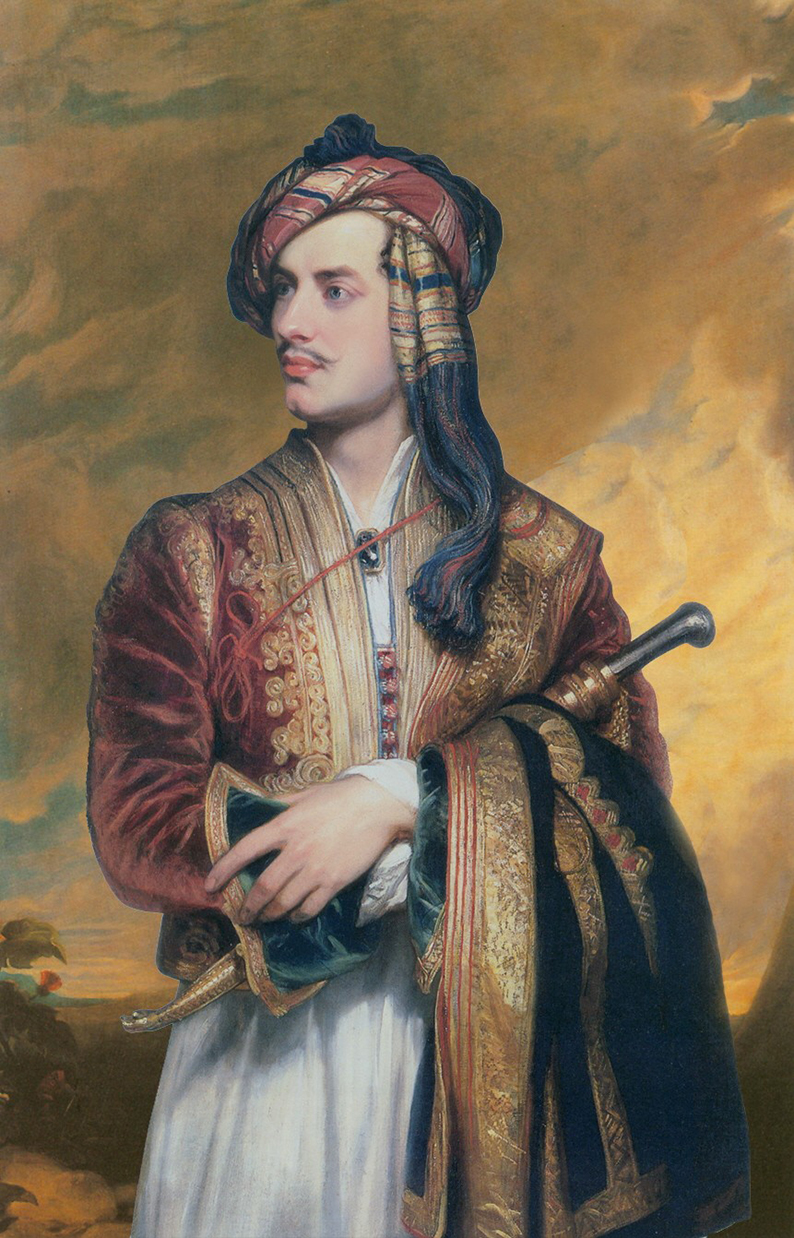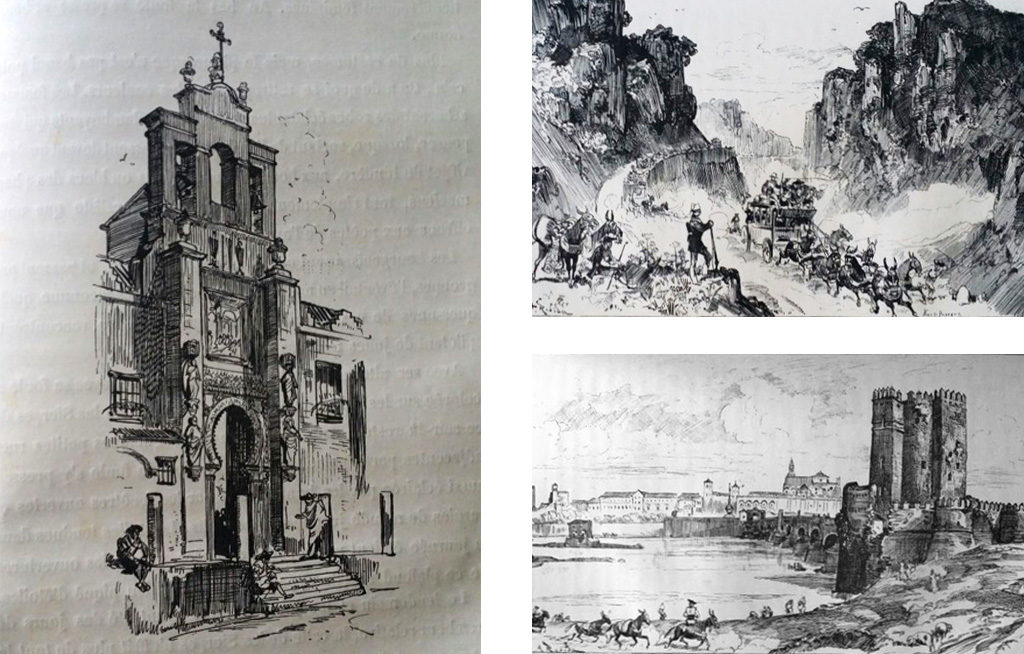I’m a tourist ! One thing I never thought I would admit, let alone proudly claim. Until recently, when I accidentally realized what the word truly meant, it was almost an insult. How wrong was I and how I should have known better…
What is a tourist ? Today’s definition has such a pejorative undertone to it. I think about the family in Michelangelo Antonioni’s film Zabriskie point, driving up in an El Dorado discarding the stunning beauty of the rock formations in Death Valley, sad not to find a drive-in. Or the cheap and loud characters in any Chevy Chase movie, coming out of a bus, wearing unflattering shorts, a loud t-shirt displaying the last landmark or city he visited, a summer bob, or worse a sun visor on his head, his tour book in one hand, his map on the other, his oversized camera resting proudly on his over-grown belly. In this day and age of mass tourism, solely focused on leisures, where we all pile up in designated areas to catch our breath from the daily grind, we have forgotten the true meaning of the word “Tourist”, its etymology.

The word originates from the Grand Tour. A french expression used by young noble english men as early as the late seventeen century, when it was customary for the well to do coming of age to embark on a set itinerary around Europe. Later embraced by cultivated men (and sometimes women) from all over the world, the idea was to acquire the proper cultural education their social position required. A typical Grand Tour could last up to a year, if not more depending on your interest and resources. The typical journey would pass through France to indulge in the local “art de vivre”, and get more fluent in the language of choice for Europe’s high society. After crossing the Alps – an adventure in its own right at the time – you would witness and study the cultural landmarks of classical antiquities in Florence, Venice or Rome.

The way back to the homeland would go via Switzerland and the German landers. Being a “Tourist” then was being part of a social elite, having completed successfully a “rite of passage”, an accomplishment only a few could claim and brag about. Some of those “Tourists”, more talented than others, would write about it, leaving us invaluable accounts of european culture, its people and traditions, with more or less accuracy, in the process publishing the first tourist guides.

You could divide those travel stories into two separate categories. The romantic accounts of travel literature – I think of Lord Byron’s letters – were more about the “Tourist” himself and his feelings, his sexual prowess or heroic endeavors, while the more academic renderings of dedicated scholars would concentrate on describing and critiquing the art and nature they actually saw.

Regardless, reading any of those books shows us the amount of knowledge and culture those tourists had, expanding at length in their historical accounts, architectural descriptions, giving us more informations on any subject than all of today’s guides combined. In the absence of photography, they had to convey the mood through carefully selected words, or for some, like my great grand father, Albert Robida, in his own guides published in France from 1880 through 1911, with on-the-go sketches and watercolors.

It wasn’t a matter of telling you how to get there, where to stay, where to eat, but simply relate a mix of emotions and knowledge from your own experience. The exact essence of being a “Tourist”.
Now does that mean I think of myself as a nobble gentlemen too snobbish to mingle with the modern day crowds, flocking through listed attractions during their holidays, when I claim being a “Tourist”? Trust me, no ! But, do I regret the time when the act of tourism was associated with adventure and the will to learn and enrich oneself through discoveries and onsite studies ? Absolutely yes !
This is where we should make the difference between the “Tourist” as I just explained, and a modern day “vacationer”. The one that takes the time to explore and learn, and the one looking for potential distractions while on leisure holidays. I want to be a “Tourist” and report my own experiences and emotions in a way that would make my famous ancestor proud. Come up with detailed itineraries through less traveled locations, making it adventurous again, as well as focusing on the cultural richness each location has to offer. I can only hope it will entice you to go on your own Grand Tour, see how amazing and rich our world is.
